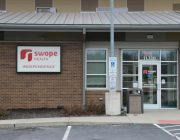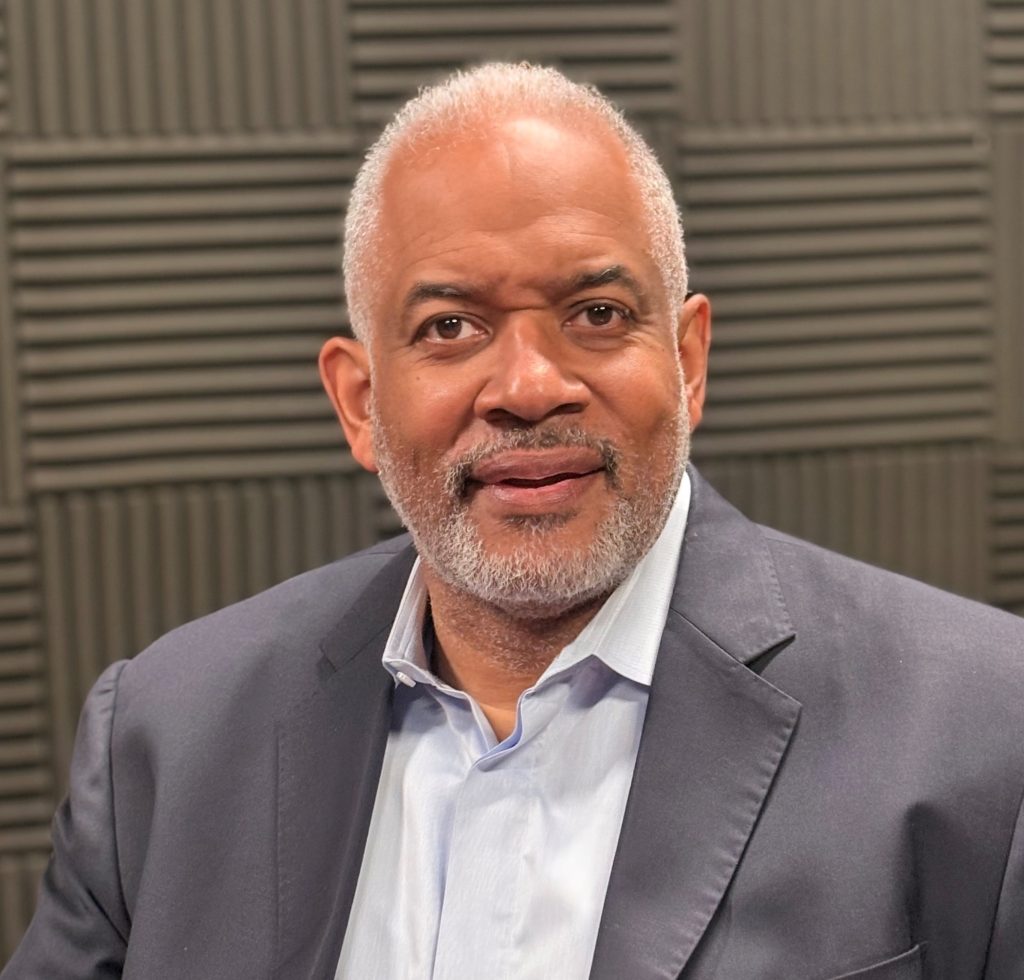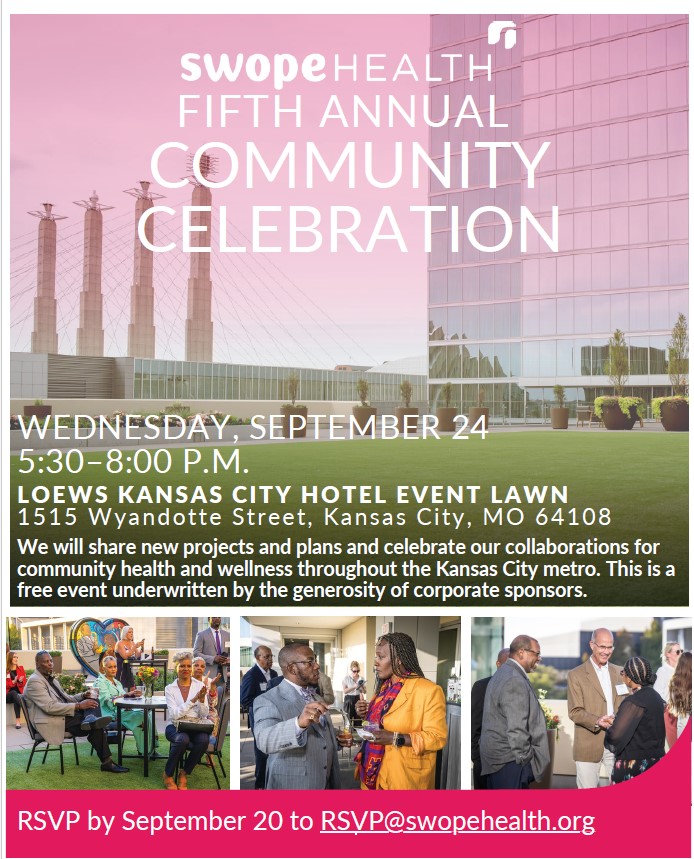Swope Health announces a new edition of its podcast, One on One with Swope Health, featuring a second conversation with Johnny Waller Jr., a community activist.
Eric Wesson, founder and publisher of The Next Page KC, a newspaper focused on the Black community, hosts the show’s conversations with Kansas Citians about issues of importance to the community’s health and wellbeing.
In this episode, Wesson and Waller call out poverty and unemployment as the forces creating crime and violence in Kansas City.
Waller runs an expungement clinic, and he also serves on several charitable organizations’ boards in the area. He recently challenged the organizers of a public safety forum, frustrated by yet another symposium asking for public input to identify problems.
“We actually know what the problem is; we’ve been talking about the problem for 17, 20, 30, 40 years,” he said. “So why are we still talking about what the problems are?”
The problems, he said, are poverty, unemployment, and lack of education. Waller noted that 49 percent of the prison population comes from poverty or extreme poverty; there are households on the East side that make less than $16,000; unemployment is worse in Blue Hills than in Overland Park – all factors pointing to a poverty and unemployment problem. The by-product of this problem is crime and violence.
So how better to address the issues? “Let’s be intentional,” he said. “We seem not to do that.”
As an example, he noted that crime prevention organizations work in silos rather than in a collective effort. He suggested more accountability and more reporting on outcomes – and organizations that don’t produce might not see repeated funding.
The city, foundations, and other funding organizations should examine how they are awarding funding and measuring impact, Waller said. The community, he said, should also start asking for that since some of the funding comes from our tax dollars. Organizations who receive funding should take it upon themselves to measure their outcomes and explain what they’ve accomplished.
Another example: Waller noted that the state of Missouri spends more than $947 million annually on corrections, but just a tiny fraction on education for prisoners. “Do we really want to help people reintegrate successfully into society? What are we really trying to do?,” he asked.
He noted that the corrections industry is highly profitable, even though studies have found no correlation between correlation between mass incarceration and crime reduction. “Yet we invest in incarceration. For what? Why not spend on things that work – housing, education, mental health, substance abuse,” he said.
“Do we really want to solve crime and violence? What are we doing?”
Listen to the conversation for more, including Waller’s proposed priorities for addressing the issues.














